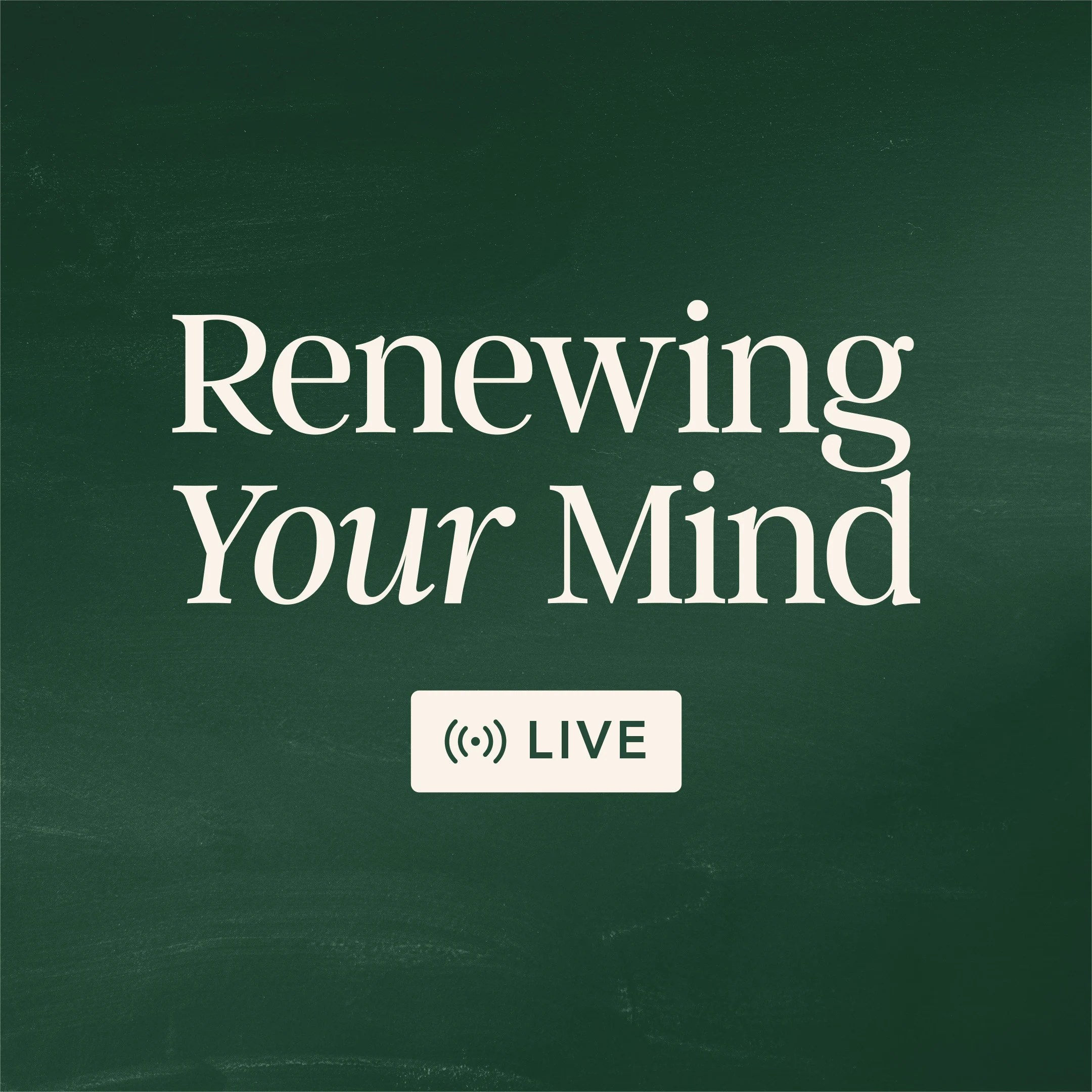Live Q&A Events





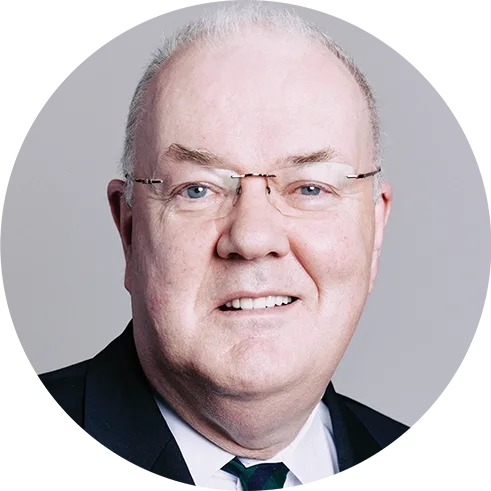

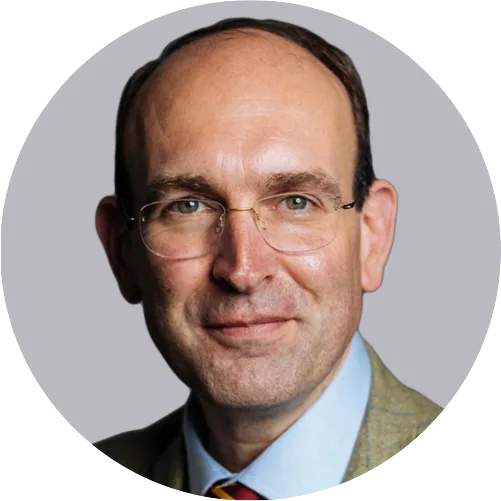

























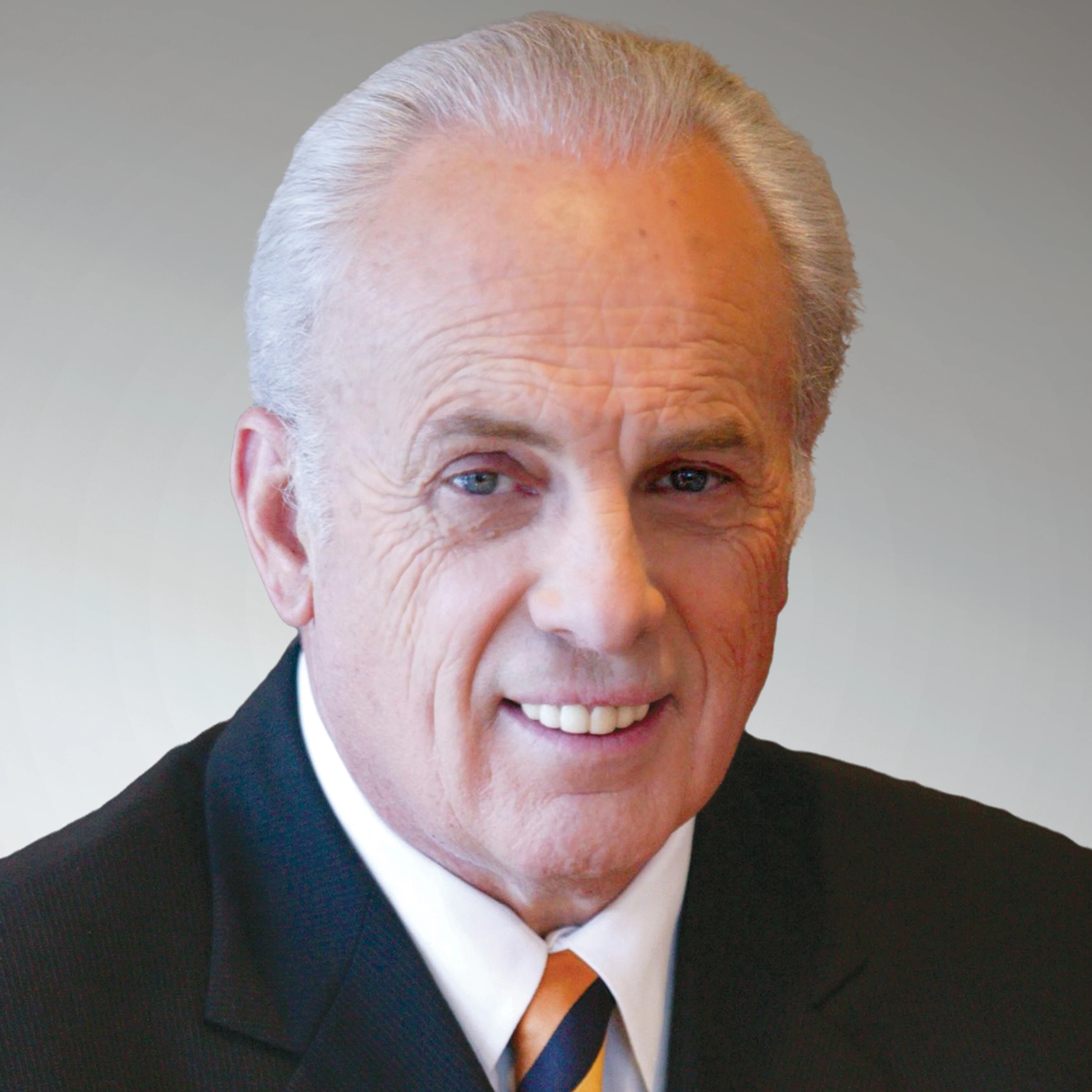

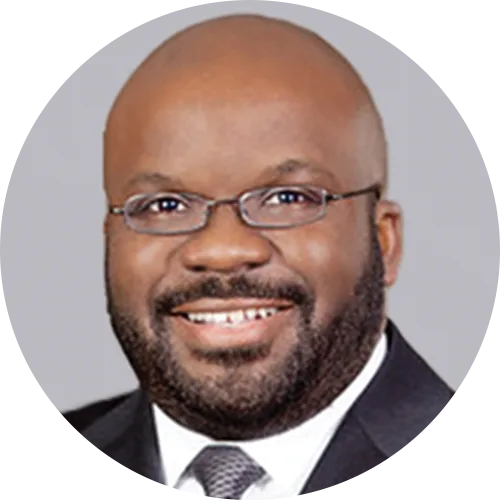

























On May 17, Derek Thomas joined us as a special guest on our Ask Ligonier team and answered your biblical and theological questions live online.
This event was streamed live on Ligonier’s blog, as well as YouTube, Facebook, and Twitter.
Questions:
-
What does Sola Scriptura mean? (2:44)
-
What is a biblical church? (3:34)
-
How can we interpret scripture properly without a seminary background or education? (4:09)
-
When we pray, should we only pray to the Father? (5:13)
-
How can I discern the will of God? (6:12)
-
Is there a role for entertainment in the church? (7:18)
-
What does it mean when the Bible says, "God created us in his image"? (8:20)
-
How should Christians understand the Mosaic Law? (9:10)
-
What does Paul mean in Romans 1:28, when he says "God gave them over to a reprobate mind"? (11:34)
-
Can you suggest a biblical reference that speaks directly to the abortion issue? (14:44)
-
Are baptized infants in any sense in union with Christ? (17:02)
-
Since we are all chosen by God, do all babies go to heaven? (20:36)
-
What is the biggest challenge facing pastors in 2019? (22:15)
-
If you had one minute to say anything to high school students, what would you say? (33:22)
-
Is there an eschatological stance that is more convincing than others? (35:05)
-
When was the church founded, Matthew 16:18 or at Pentecost? (37:35)
-
Was the Lord's Day Sabbath revoked by Jesus? (38:55)
-
Do you have a recommendation for a Bible translation? (42:21)
-
Should elders be required to take a sabbatical? (44:00)
-
What is your favorite piece of classical music? (46:05)
-
What are your beliefs on young earth versus old earth? (47:02)
-
Why doesn't the church keep Old Testament holy days like Passover, Feast of Trumpets, Feast of Tabernacles? (47:50)
-
What is your favorite book other than the Bible? (48:38)
-
If you could have dinner with anybody from church history, who would it be and why? (49:11)
-
What is something you wish churches would address today? (50:00)
-
What does 1 John 2:3 mean when it says, "And by this we know that we have come to know him, if we keep his commandments"? (51:00)
-
What does Scripture mean when it speaks about Jesus not knowing the day or the hour? (51:55)
-
How can I share the Word of God with someone who identifies as LGBTQ without offending them? (53:39)
-
What can you do about a gay daughter who shuns you because of your beliefs? (55:22)
-
Can a saved person be lost? (57:16)
-
How would you respond to someone saying that Reformed theology is a "white man's interpretation"? (59:00)
-
How can you tell someone who's dying of cancer how important it is to receive Jesus? (1:00:00)
Note: Answers given reflect the views of the individual speakers and do not necessarily reflect the views of Dr. R.C. Sproul and Ligonier Ministries. Here is our Statement of Faith.








